The 1983/94 season heralded the start of Joe Fagan’s reigns as Liverpool boss, one he ushered in with an unprecedented treble. Jeff Goulding tells the story.
1983 would see the reelection of Margaret Thatcher as Conservative prime minister despite an unemployment rate of more than three million and a growing divide between north and south, rich and poor.
In the first budget of her government, chancellor Nigel Lawson would announce swingeing cuts to public spending, much of which would be centred on cities like Liverpool. The people of Merseyside, who were already reeling from the Tory policy of managed decline, could scarcely believe that anyone could vote Conservative, let alone the millions required to put them in office.
Life in Liverpool, as it was in many inner cities like Manchester and Newcastle, was characterised by layoffs and lengthening dole queues. Though it would later be used as a stick to beat the city.
Alan Bleasdale’s Boys from the Black Stuff perfectly captured the mood of the place and mirrored the plight of unemployed labourers in the city, and their families. However, while it was set in Liverpool, the issues it dealt with would have been recognisable to the inhabitants of many working-class communities in Britain.
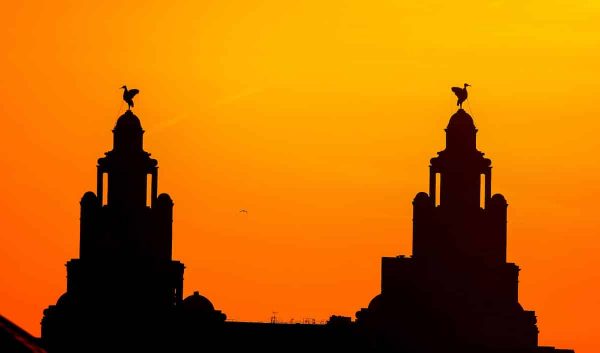
Against this backdrop, just as it always has been, football served as both a pastime and an escape. For Merseyside, it would also be a source of civic pride at a time when many of us felt we were under relentless attack. The Reds were reigning champions and with Joe Fagan stepping out of the Boot Room to replace the incomparable Bob Paisley, they were about to become a dynasty.
Like his predecessor, Joe was reluctant to take the job on. However, he had felt “in a rut” and ultimately the idea of a challenge would drive his decision making far more than ambition. However, doubt would haunt him throughout the early days of his reign. Fagan would later say that he had feared the spectre of a trophy-less first season in charge, something Bob had endured in 1974/75. Joe would use this to push him to set new standards for the club.
Across the park, Everton were beginning to slowly emerge from a decade of underachievement under the stewardship of former player and legend, Howard Kendall. The two clubs would go on to establish themselves as the nations finest and, by the end of the 1983/84 season they would achieve an astonishing clean sweep of every major honour on offer.
To many of us who lived through this period, it felt like something akin to a collective flipping of the bird to a government we loathed and who we believed hated us. They could knock us down all they liked and kick us while we were there, but we’d travel to London at the end of the season and come home with all the silverware.
The only significant arrivals in the summer of 1983 would be centre-back Gary Gillespie from Coventry City for £325,000 and a man the Kop uncharitably christened ‘Fatty Robbo’ – aka Michael Robinson – from Brighton for £200,000. The likes of John Wark and Paul Walsh would arrive later in the spring of 1984. However, this was already a Liverpool squad brimming with champions, leaders and serial winners. And, of course, Joe Fagan knew every single one of them inside out. Not only that, but he had also been an integral part of their development. It was in short a recipe for continued glory.
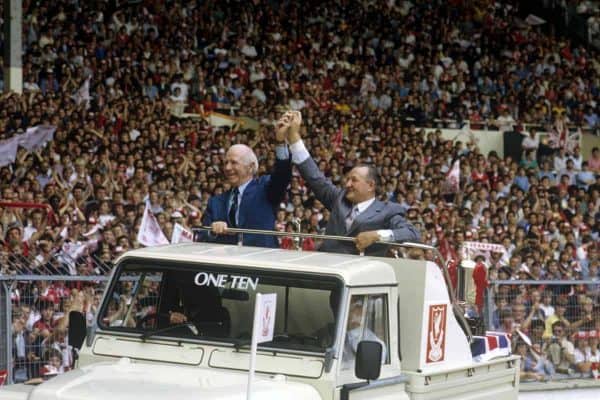
Liverpool would kick off the season with a Charity Shield opener against the previous seasons’ FA Cup winners, Manchester United. The game would start somewhat bizarrely with Bob Paisley and Matt Busby being driven slowly around the pitch in an open-topped Land Rover, while parading the four major trophies they had won for their respective clubs.
A crowd of 92,000 greeted it with warm applause, before witnessing Liverpool go down to a 2-0 defeat, thanks to two goals from Brian Robson. Fagan’s reign had seemingly got off to a faltering start, but Joe wasn’t too bothered. For him and the rest of us, there were far bigger fish to fry.
Writing the post-match post-mortem in the Liverpool Echo on the following Monday, Ian Hargreaves would express his confidence in Fagan’s ability under the headline, ‘It’ll be alright on the night’, he would say this of the new Liverpool manager:
“Never mind the dress rehearsal; be sure he will have matters right on the first night.”
The ‘first night’ in question was an away trip to Wolves the following Saturday. With the Reds coasting to the title the season before, an achievement that saw them slacken off and fail to win the final seven games of the 1982/83 season along with the Charity Shield, Liverpool supporters had seen their team manage two draws in their previous eight games. They would stretch that to three in nine on August 27 at Molineux.
The game got off to a dreadful start as far as Liverpool were concerned, when the home side won a penalty inside two minutes. The defence had been sleeping and a quick ball in behind caused chaos. Grobbelaar parried a shot but the ball rebounded to the waiting Mel Eves, who was brought down by Alan Kennedy before he could get his shot away. The ref pointed to the spot and Eves duly put Wolves ahead.
Thankfully, Ian Rush would level with a moment of sheer brilliance within seconds of the start of the second half. Graeme Souness played a slide-rule pass from midfield, which the Welsh striker latched onto superbly. His pace was simply too much for the chasing Wolves pack and Rush held off two defenders brilliantly to equalise. It would prove to be the last goal of the game and the Reds would travel home with just a point. Not that anyone was panicking, and with the press used to a steady diet of Anfield success, they knew better than to draw any conclusions from the early bouts of sparring.
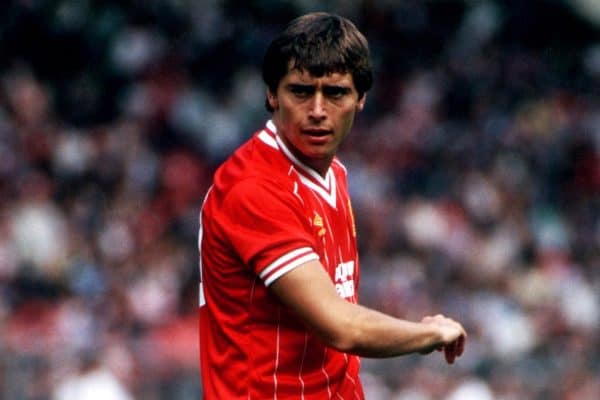
By the time the European Cup first round ties came around in September, Liverpool had climbed to fourth place after a run of three wins and a draw. They would then demolish the Danish champions, Odense, 6-0 on aggregate. The second leg of the game was notable for a number of reasons. It would be the first match missed by Phil Neal since December 1974, Michael Robinson would score a brace, grabbing his first-ever goals for the club and Kenny Dalglish broke a record held by Denis Law; reaching 15 goals in European competition.
The Reds were back in business in terms of continental football, but they were still strangely lethargic in the league, with the rout of Odense sandwiched between defeats to Manchester United and Sunderland. Robinson had seen a goal chalked off in the match against the Wearsiders at Anfield, a game in which Liverpool had played some decent football. For his part, Joe seemed decidedly laid back about the club’s apparent malaise.
In this era of wall-to-wall football, in which a manager’s every utterance is dissected in the minutest detail and he is declared a hero or a zero based on the flimsiest of pretexts, it would be interesting to see what today’s pundits and denizens of social media would have made of Fagan’s analysis after the home defeat to Sunderland, which included these words:
“I’m disappointed, but I’m certainly not angry or annoyed. I’m just mad as hell that we could produce two pretty good performances without getting even a point here or Old Trafford. What to do about it is the $64,000 question. I don’t know yet.”
Can you imagine the meltdown today, if Jurgen Klopp had said that? In truth, in 1984 there were mutterings in work canteens, pubs and school playgrounds. Frustrations and doubts were definitely expressed. And, while nobody was calling for the manager’s head so early into his reign – we were way too ensconced in a seemingly unending period of domination for that to happen – some of us though [coughs] are still ashamed to say that we doubted Fagan could emulate his predecessor in the early months of his managerial career.
The boss had spent his life in the famous Anfield Boot Room, surrounded by some of the greatest minds in the game – men he had both influenced and been influenced by. This was a brains trust of unparalleled proportions. So, while some may have been gleefully sensing the end of an era, or despairing at his team’s lethargy, Joe would have felt confident that he and his staff could find a solution to their ‘problems.’
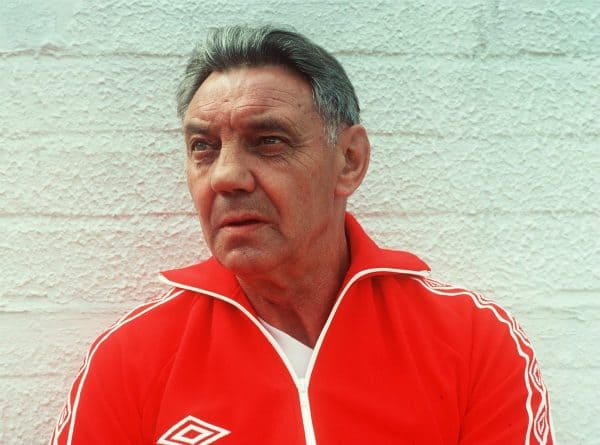
That Joe did figure out “what to do about it” is evidenced by his historic achievements. Yet analysing his unique contribution and attributes is difficult. Not least because the magic that came out of the Boot Room under Shankly and Paisley had been cooked up using ingredients provided by a group of men Kenny Dalglish described as a “University of Football.”
It was a truly socialist enterprise, with ideas and tactics emerging from a collective that was greater than the sum of its parts. To suggest that Joe was simply implementing strategies and methods used under Paisley and Shankly misses the fact that those methods had been shaped in part by him anyway.
It just isn’t possible to separate out what was a uniquely Bob idea or Joe idea etc.
His approach was based on simplicity and on trusting players to do their jobs on the pitch, without relying on detailed instruction from the bench. Something Graeme Souness and Jan Molby found out to their cost. When both asked how the manager wanted to play, they were met with a stern lecture about how much money the club had spent on them and why they should know how to play football without any lessons from him.
However, despite his genial nature, there is ample evidence that he could be a fierce disciplinarian. And nobody was immune to criticism. Even Dalglish would feel his wrath and be dropped for the first time in his career. Fagan was not moved by reputations or past achievements.
October and November brought continued progress in the European Cup and League Cup. The Reds advanced in the domestic competition courtesy of an 8-1 aggregate thrashing of Brentford. However, they did need a second replay to overcome Fulham and secure their place in the fourth round of the competition. In Europe, Liverpool would give themselves a tough away assignment, after a goalless second round, first leg tie with Athletic Bilbao at Anfield.
The Reds face a partisan and noisy crowd at the San Mames Stadium on November 2, 1983. Liverpool rode out the first half and managed to quieten the atmosphere, a strategy that had served them well for almost a decade. Then, in the second period Rush headed home a delightful cross from the right foot of Alan Kennedy. Liverpool now had an away goal and were 24 minutes away from going through.
Bilbao almost levelled immediately, but Jose Noriega’s shot went narrowly wide. From that moment on, Liverpool were relatively comfortable and almost went 2-0 up after a brilliant shot from the edge of the box by Dalglish was tipped over the bar by goalkeeper Zubirazetta. By now the Basques in the crowd had seemingly resigned themselves to defeat and at the end of the game, gave a very sporting ovation to the Liverpool players as they left the field.
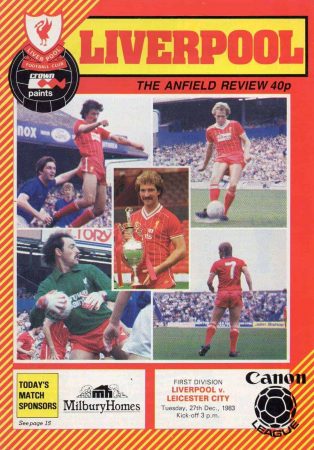
Liverpool navigated their way through November and December in relative comfort. Astonishingly, on the December 27, they kicked off the second of two games in 24 hours. After beating West Brom 2-1 at the Hawthorns on Boxing Day, Liverpool faced Leicester City at Anfield the following day.
The common perception amongst supporters back then was that the players would indulge a little too much over the festive period. We expected a dip in performance as a result. When they went two goals behind in the 70th minute, many of us rolled our eyes on the Kop and resigned ourselves to a rare home defeat.
However, even if they had partied on the bus back from the Midlands the day before, this Liverpool side still had enough fight left in them. Attacking the Kop end, the Reds roared back at the Foxes. Sammy Lee grabbed one back within four minutes of Leicester’s second and Rush levelled in the 83rd minute. By now the crowd were in full swing and baying for a winner, and just three minutes later they thought they’d got it.
Liverpool won a penalty in the 87th minute and Souness got ready to take it. Unfortunately, he missed, and Liverpool would have to be happy with just a point. Still, it was enough to maintain their position three points clear of Manchester United at the top of the table.
Their run to the summit featured two notable fixtures. The first was a Merseyside Derby on November 6, which the Reds won 3-0 courtesy of Rush, Robinson and Steve Nicol. It was a routine victory in many ways, with Everton yet to hit the heights in the league and languishing in 17th place. However, there was something of a piece of TV history prior to kickoff.
A show set in Liverpool called Scully, featuring cameos from Souness and Dalglish, was in production. The lead character, a troubled working-class kid who idolised Kenny and Liverpool and, played by the brilliant Andrew Schofield, fantasised of scoring a goal for the Reds in a Merseyside derby. The club would agree that the production team could film the character’s dream sequence in front of the Kop on matchday.
I recall the Liverpool Echo ran an appeal in the run-up to the game, calling on supporters to chant ‘Scully, Scully’ as he hit the ball into the net. And, the Kop dutifully obliged. It would be a great day for Schofield, a well known Liverpool supporter.
The other game took place on December 10 and was memorable for all the wrong reasons. This was, of course, the 4-0 drubbing at the hands of Coventry City at Highfield Road. With the Reds top of the table and Coventry sitting six points behind them in fourth, this was hardly a David versus Goliath affair. However, Fagan’s Liverpool made the trip as favourites and nobody expected the mauling they received.
A hat-trick from Terry Gibson and a goal from Nicky Platnauer put the seal on a thoroughly embarrassing day for the Reds. History is littered with examples of truly great Liverpool teams suffering defeats like this. Nevertheless, it hurt a lot and no doubt acted a spur to the players, who won their next match at Anfield against Notts County 5-0.
They would also exorcise the ghosts of that game with a 5-0 rout of Coventry in the return match on Merseyside in May, with Rush scoring four and Hansen grabbing one.
Not surprising the away end heralded kickoff with chants of 4-0. It was particularly satisfying to return the favour to a silenced corner of the Anfield Road end at full-time. As was so often the case back then, anything they could do, we could do better. By this point, Liverpool were still top and a game away from being champions. Coventry had slumped to 19th.
But, we’re getting ahead of ourselves. There was an all-Merseyside League Cup final to deal with.
The Reds reached the final of the League Cup after defeating Walsall 4-2 on aggregate. Amazingly, they had drawn the home tie 2-2 in what was a nightmare debut by Gary Gillespie. Feeling the pressure to perform, the Scottish centre-back was involved in a mix up that led to an own goal by Phil Neal. However, the Reds would put it right in the second leg and ran out 2-0 winners.
It would set up the first-ever all-Merseyside cup final against neighbours Everton. This was Liverpool’s third League Cup Final in successive seasons and their fourth in five years. The game, which took place at Wembley in front of a packed crowd of 100,000, on March 25, 1984, was hardly a classic, although Everton probably edged it. The game would go to a replay at Manchester City‘s Maine Road with the Reds emerging victorious, winning 1-0 thanks to a Souness shot from distance.
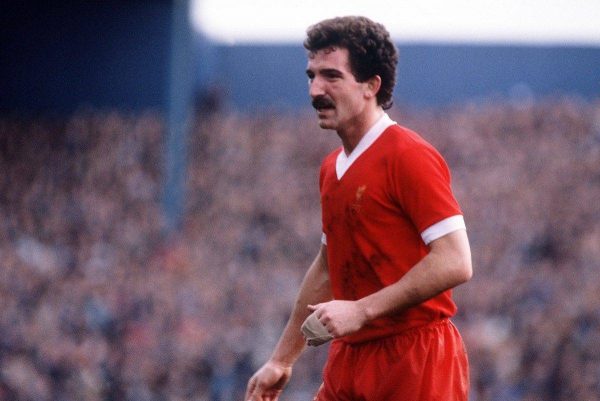
It wasn’t his greatest effort and many Reds had fun at Southall’s expense as he probably should have saved it. Souness was more charitable, saying: “I miss-controlled it and had my back to goal but flashed a leg at it and it just dipped in front of Everton keeper Neville Southall before going in.”
These were different times though, and the game was played in an incredibly positive spirit. Reds and Blues mixed freely on Wembley Way and stood side-by-side in the stands at the National Stadium and at Maine Road. Cries of ‘Merseyside, Merseyside’ were frequently heard and Everton supporters could even be seen congratulating Liverpool players as they climbed the steps to lift the cup. We were truly two clubs and one city.
Importantly, Fagan had secured his first trophy in his first season in charge. The Reds were heading for their third league title in a row, and although now out of the FA Cup, they were looking forward to a semi-final of the European Cup against Dinamo Bucharest.
The first leg at Anfield would be dramatic and controversial. Rush would describe the two ties against the Romanians as the most brutal of his career and Dalglish would call the matches a “war zone.” On April 11, 1984, I and thousands of others were packed into the Kop to witness the first leg under the floodlights. It was one of the most memorable games of my life.
Bucharest had come to frustrate Liverpool and, their time-wasting antics, rolling around the pitch at the slightest contact and frequent fouls on the Reds forward line had the Kop boiling. Little did we know that captain Graeme Souness was also simmering throughout the game.
Liverpool went ahead midway through the first half after Sammy Lee headed home an Alan Kennedy free-kick, but Dinamo continued to frustrate. In a moment shrouded in red mist, and away from the referee’s watchful eye, Souness floored the Bucharest skipper, Lica Movila, with a spectacular uppercut to the chin. While Daina, the Swiss referee and his assistants completely missed it, many in the Kop delighted in our captain’s retribution, letting out an appreciative roar.
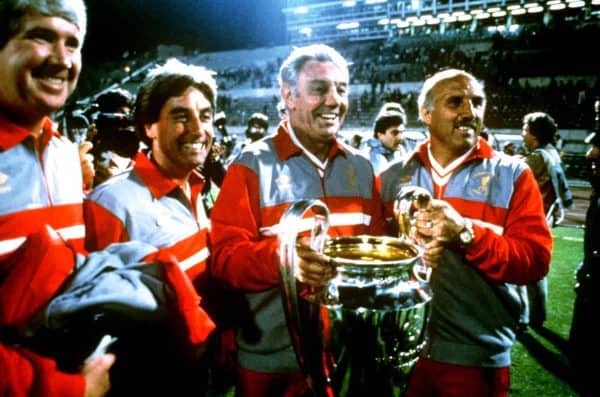
However, his actions made him a marked man in the second leg in Romania. Constantly booed by a ferocious 60,000 strong hostile crowd, the Scot rose to the challenge and dominated the midfield with a swagger and arrogance that made him one of the greatest midfielders I have ever seen in a red shirt. Liverpool won the game 2-1. It was a truly monumental victory and Souness’ performance was even singled out in parliament, with Liverpool Walton MP, Peter Kilfoyle, even recommending that the Reds skipper should be awarded the George Cross for his bravery.
The Reds were heading to their fourth European Cup Final in seven years.
Before then though, Liverpool would coast to the league title, sealing their third successive championship with a goalless draw away to Notts County on May 12, 1984. That meant that Joe Fagan had completed a league and cup double in his first outing as boss, but he wasn’t done yet.
In truth, many felt this hadn’t been the Reds best season. This was a point echoed by the captain, who said: “By our own standards we didn’t deserve to be champions, but by everybody else’s we did.”
With the benefit of hindsight, this seems incredibly harsh. However, judged by the period that had come before, it was unerringly honest.
With the Reds’ neighbours, Everton, winning the FA Cup final on the May 19, with a 2-0 victory over a Watford side that featured John Barnes, the pressure was now on Liverpool to complete a Merseyside clean sweep of every trophy on offer. Standing in their way were Roma, and if they were to overcome them, they would have to do so in the Italians’ own backyard.
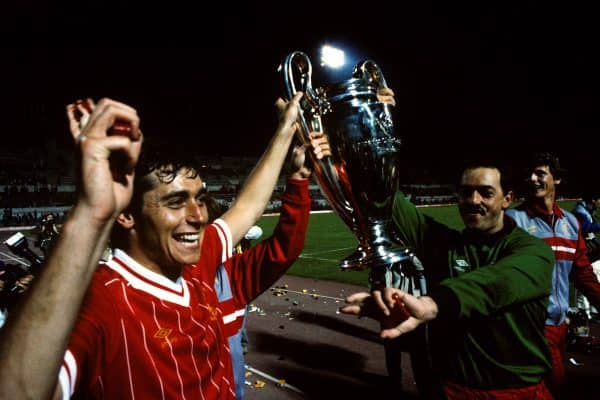
On May 30, 1984, Liverpool won their fourth European Cup, confirming themselves as the undisputed Kings of Europe. They would do so once more in a cauldron, a hostile atmosphere that would have caused lesser teams to wilt. They emerge as champions courtesy of a penalty shootout, in which Bruce Grobbelaar’s ‘spaghetti legs’ barely stole the show from Alan Kennedy’s winning penalty celebration. And, in doing all that, they confirmed Joe Fagan as the third man in a dynasty of great Liverpool leaders.
He had won a historical treble at the first time of asking and for that he is immortal. Liverpool’s backroom team that night consisted of Fagan, Ronnie Moran, Roy Evans and Chris Lawler. An all-Scouse Boot Room had conquered Europe, a feat unlikely to be repeated.
Thatcher tried repeatedly to break this city, but in 1984, thanks to Joe and his boys and Everton at Wembley, Merseyside took home all the silverware. It remains one of the greatest seasons in Liverpool’s glorious history and is one of the finest in the history of the region too.
Liverpool, 1983/84
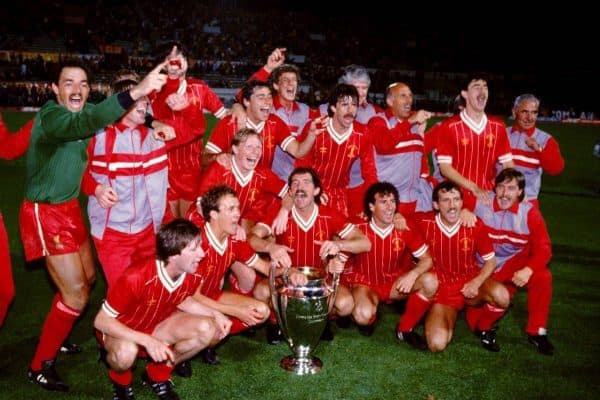
Manager: Joe Fagan
Captain: Graeme Souness
Top Scorer: Ian Rush (47, all competitions)
Most Appearances: Bruce Grobbelaar, Alan Hansen, Alan Kennedy, Sammy Lee (67, all competitions)
League Position: 1st (80 points)
FA Cup: Fourth Round
League Cup: Winners
European Cup: Winners
Total games: 67
Games won: 37
Games drawn: 22
Games lost: 8
Clean sheets – league: 20
Clean sheets – overall: 34
Total goals: 118
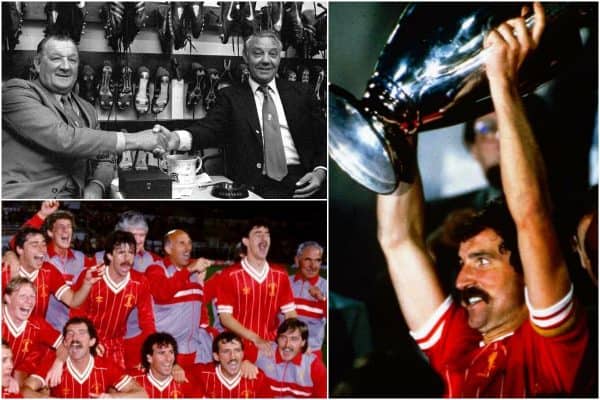

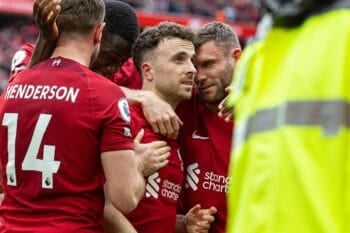
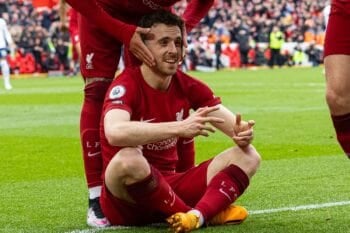
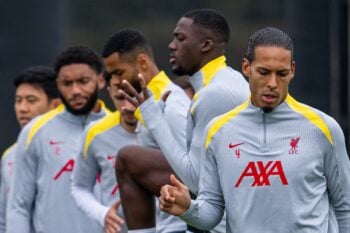
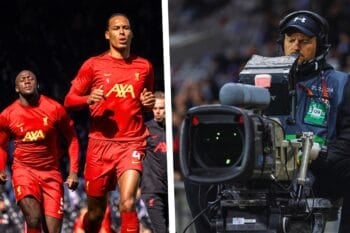
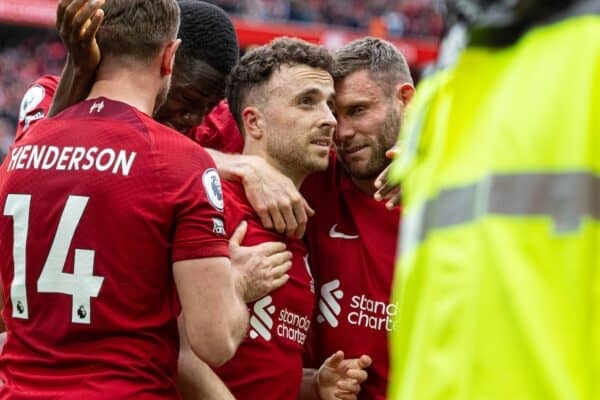
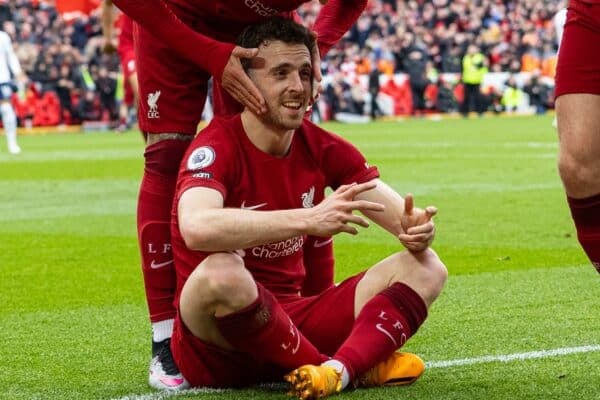
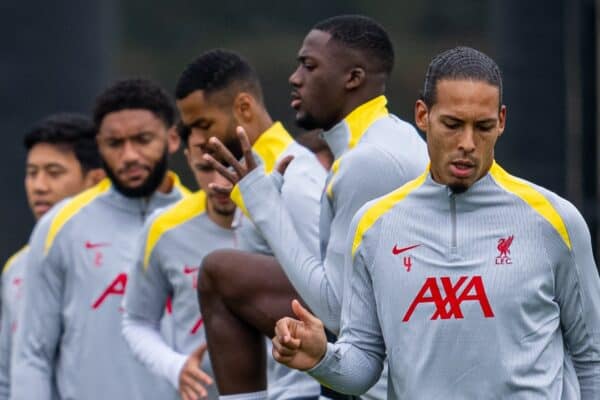
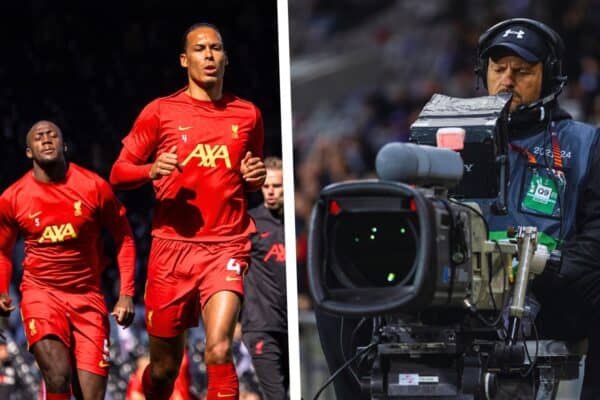
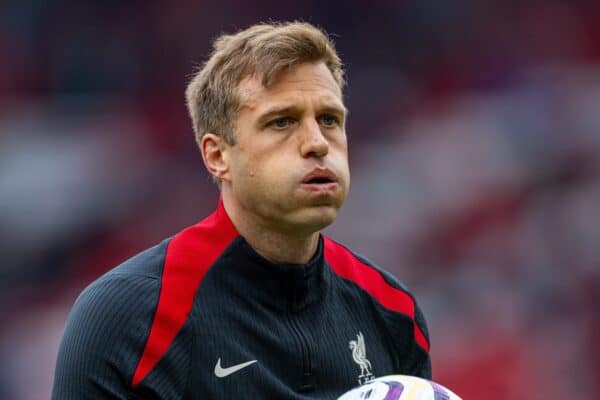


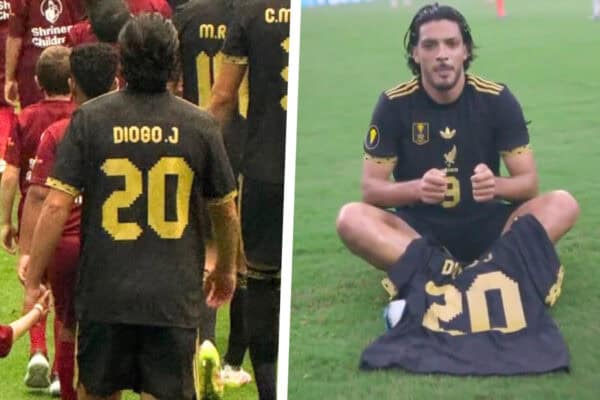




Fan Comments